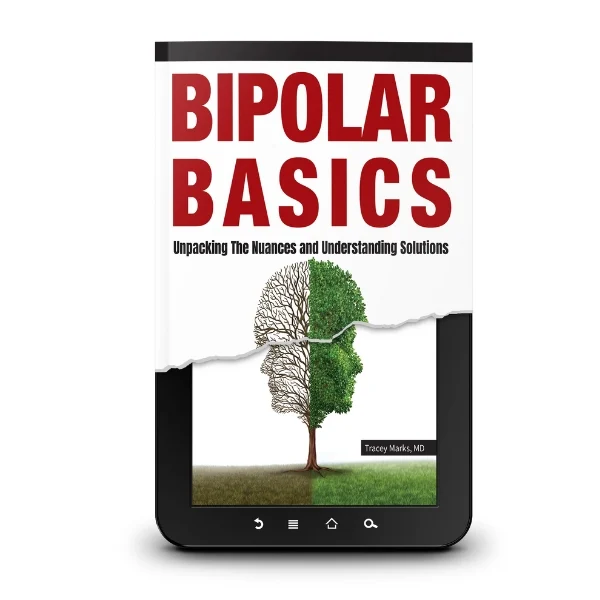Ketamine Boosts Empathy and Connection
A groundbreaking new study suggests that ketamine, a drug primarily known for its antidepressant effects, may also increase empathy and social connection. This research, published in the American Journal of Psychiatry, opens up exciting possibilities for treating conditions where lack of empathy is a core issue, such as certain personality disorders.
Products To Support You

Bipolar Basics Guide Ebook

Life In Action Digital Workbook
The Research
Led by Dr. Evan M. Hess from the University of Maryland School of Medicine, the study investigated the “entactogen effects” of ketamine. Entactogens are substances known for increasing empathy, social connectedness, and emotional openness. The researchers examined data from patients with treatment-resistant depression who received either ketamine or a placebo in previous studies, as well as conducted experiments with rats.
Human Study Findings
The study found that patients who received ketamine reported increased pleasure from social interactions for up to a week after treatment. They enjoyed being with loved ones more, felt better about helping others, and found praise more rewarding. These pro-social, empathetic feelings persisted even after the initial antidepressant effects of ketamine wore off.
Rat Study Findings
In the rat study, researchers used a “harm aversion task” to measure empathy. Ketamine-treated rats were less likely to press a lever that would give them a treat but also deliver a mild electric shock to their cage mates. This suggests that ketamine increased their willingness to prioritize the well-being of others over their own reward.
Implications for Mental Health Treatment
These findings suggest that ketamine may be a valuable tool for enhancing social connectedness and empathy in patients with mental health conditions. While more research is needed to confirm these results and explore the long-term effects of ketamine on empathy, the study opens up a fascinating new avenue for clinical use.
Imagine the possibilities of a medication that could help individuals with antisocial personality disorder develop empathy or unlock the ability for those on the autism spectrum to better understand and respond to the emotional states of others. Ketamine could be a key component in a multi-faceted approach to treatment that includes therapy and skills training.
Cautionary Note
It’s important to remember that ketamine is a powerful drug with potential for abuse and side effects. It should only be taken under medical supervision and not as a self-prescribed empathy enhancer.
Conclusion
This research on ketamine’s potential to enhance empathy is incredibly exciting and hopeful. It underscores the importance of exploring the social and empathy-related outcomes of psychedelic-assisted therapies. As we continue to unravel the therapeutic potential of substances like psilocybin, MDMA, and ketamine, we may discover new ways to improve mental health and well-being by fostering empathy and connection.

